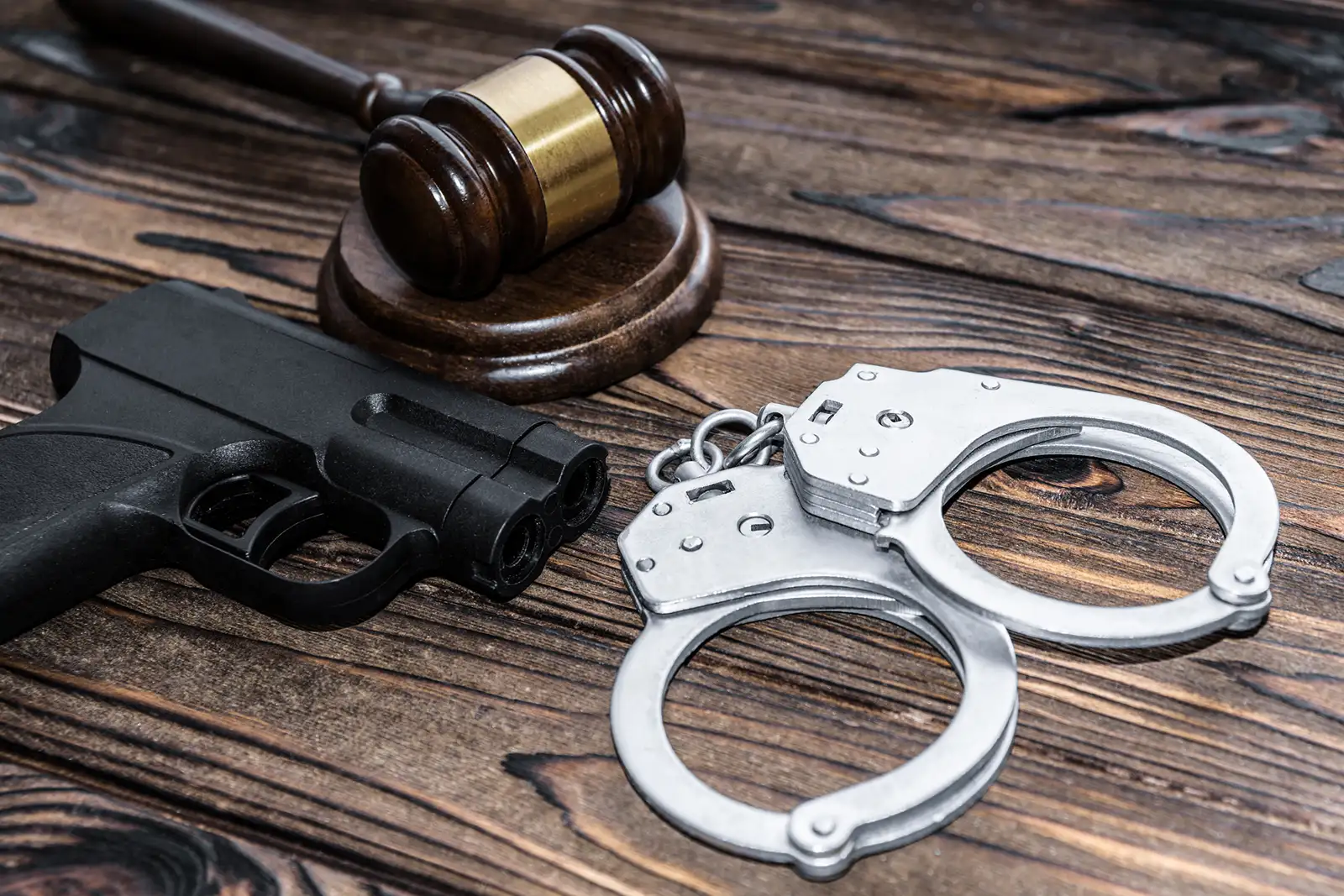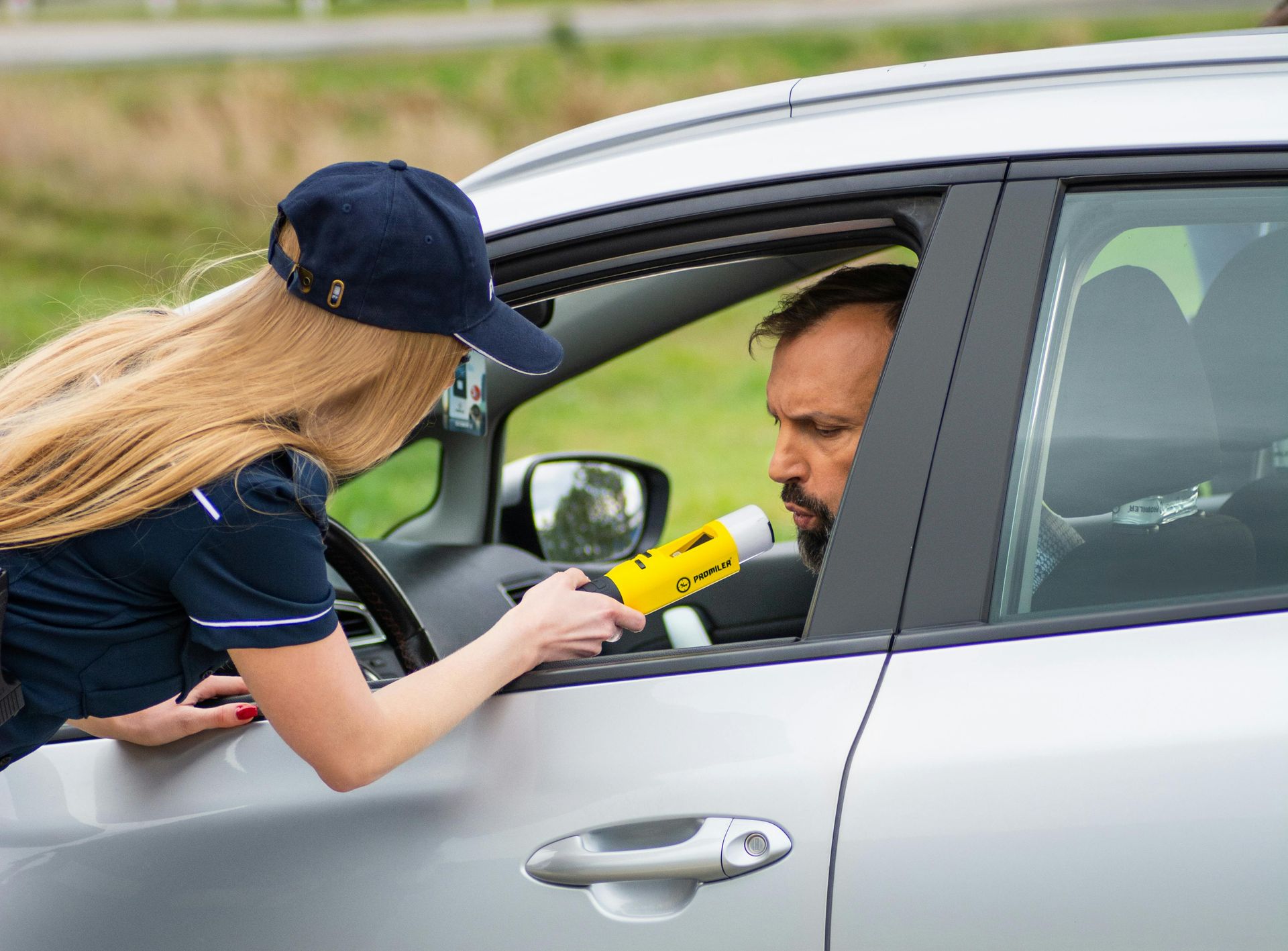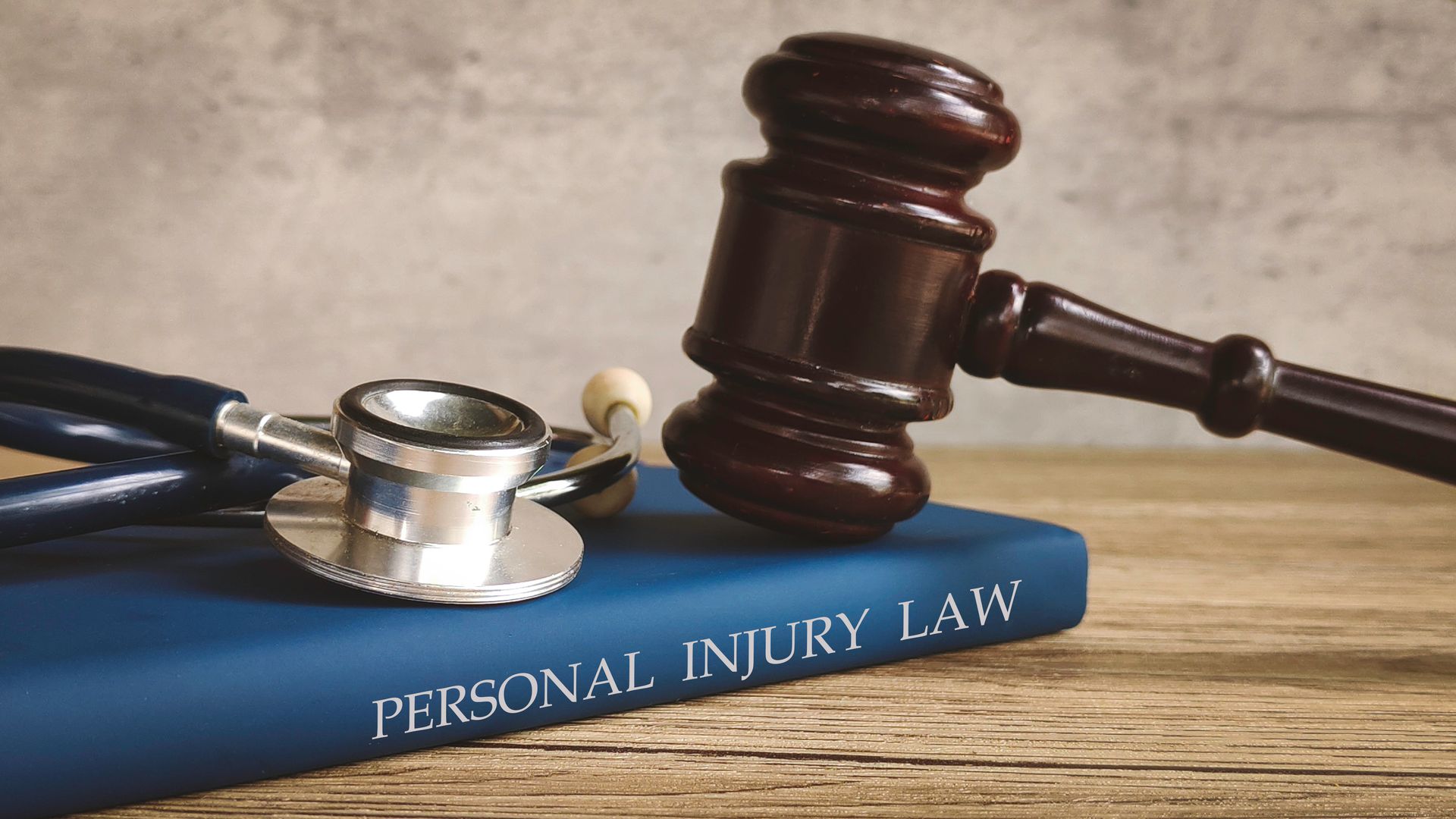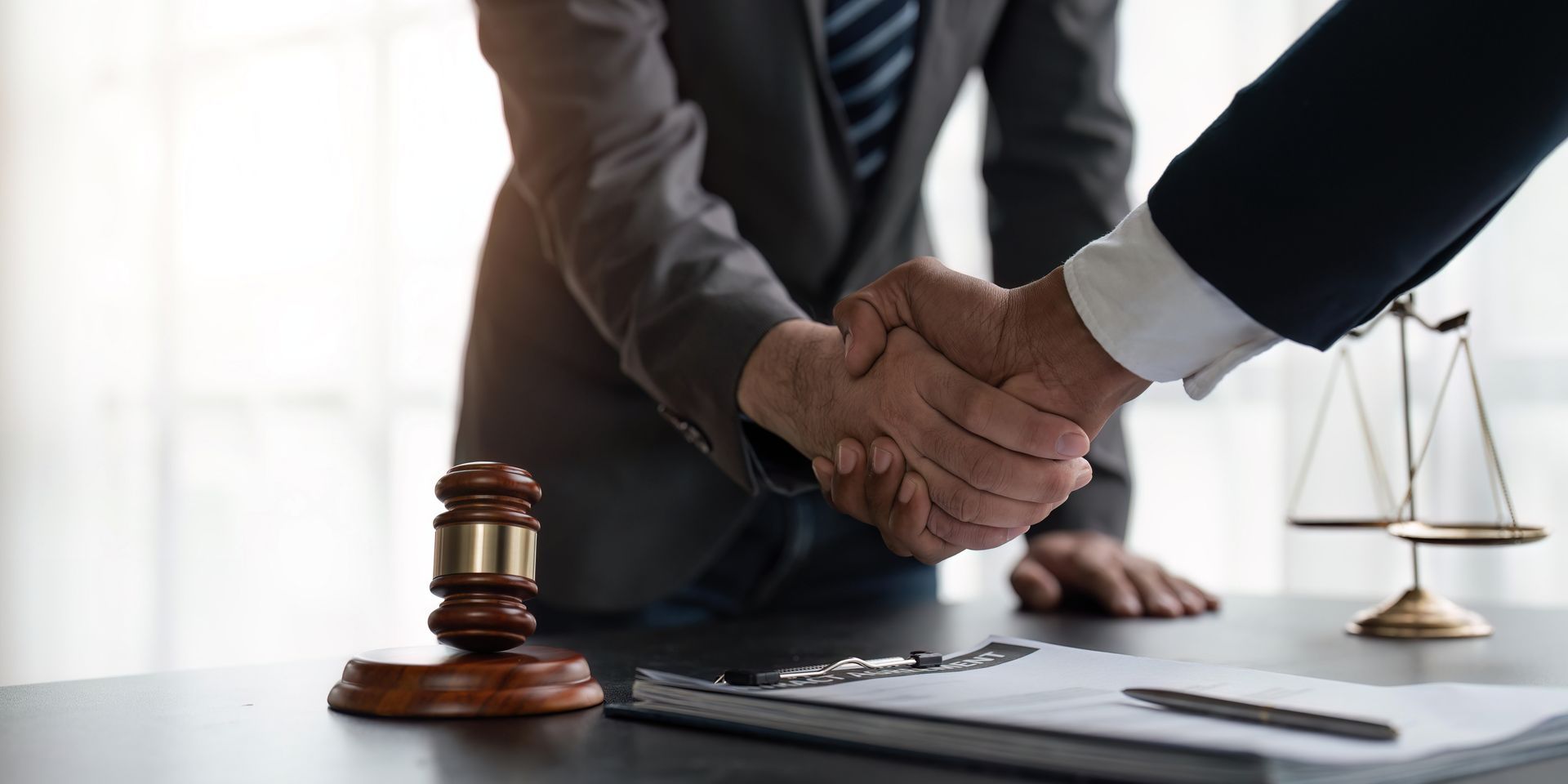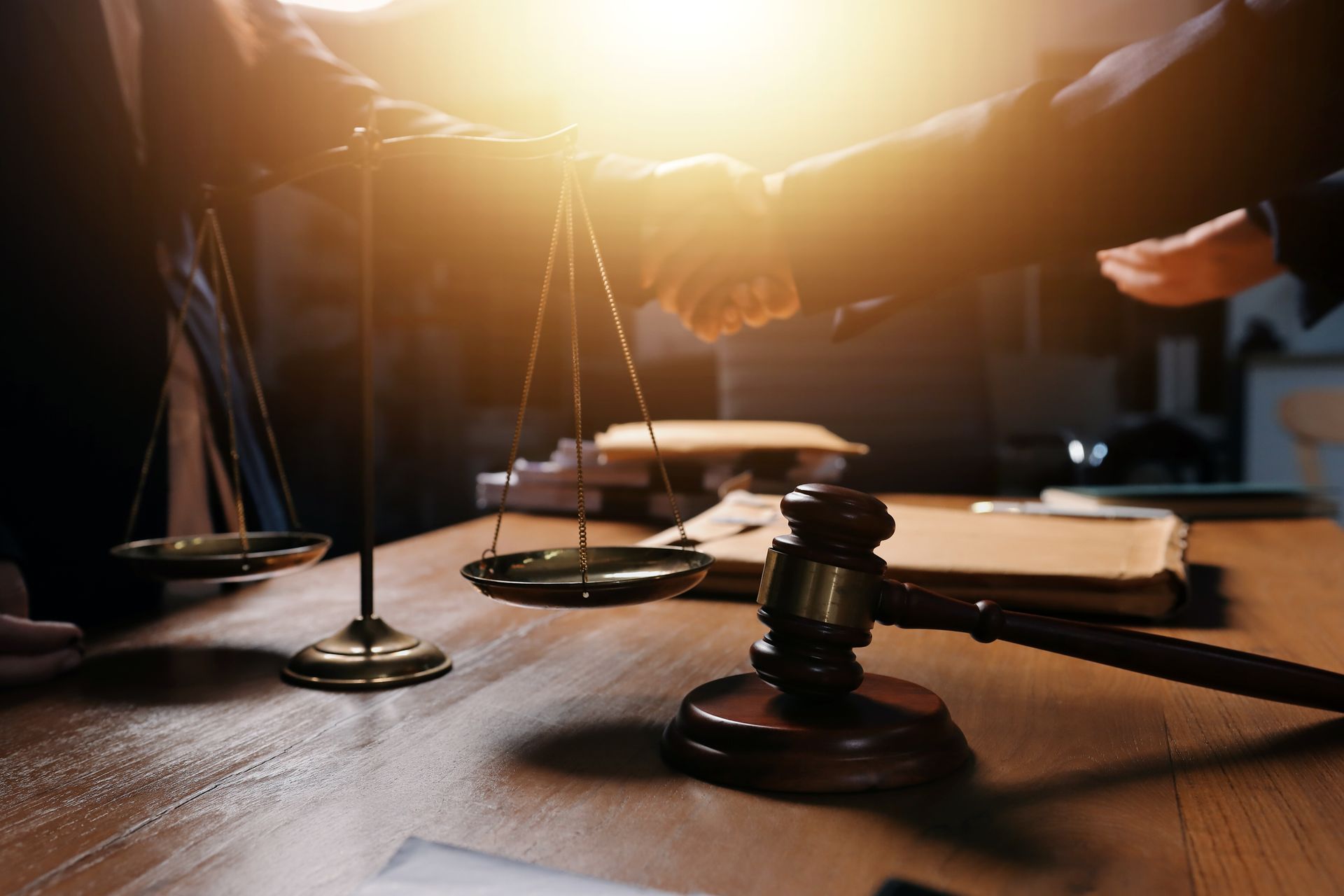What Happens When You Get a DUI in Georgia? 2025
What happens when you get a DUI in Georgia? Driving under the influence (DUI) is a serious offense and can have lasting consequences. Whether it’s your first offense or a repeat violation, understanding the legal and personal implications of a DUI is crucial. By knowing what to expect with a DUI charge, you can make informed decisions and take the proper steps to mitigate its impact on your life.
Getting Stopped for a DUI in Georgia
The process of being charged with a DUI in Georgia typically begins with a traffic stop. Law enforcement officers may pull you over if they suspect you’re driving under the influence of alcohol or drugs. Common reasons for a DUI stop involve:
- Erratic driving behavior, such as speeding or swerving
- Driving too slowly or failing to obey traffic signals
- A visible issue with the vehicle, such as a broken taillight, prompting the stop
During the stop, the officer may observe signs of impairment, including slurred speech or the smell of alcohol. They may ask you to perform a field sobriety test, such as walking a line or standing on one leg. You may also need to take a breathalyzer test to establish your blood alcohol concentration.
Refusing to submit to the officer’s request to test your sobriety could lead to further suspicion. Under Georgia’s implied consent law, by obtaining a driver’s license, you agree to submit to chemical testing if lawfully arrested for DUI. Failing to do so can result in severe penalties, including an automatic license suspension.
Penalties for a DUI in Georgia
The consequences for a DUI conviction in Georgia vary depending on whether it’s your first or subsequent charge. Penalties also depend on factors such as your blood alcohol level, whether minors were in the vehicle, and if an accident occurred.
First-time DUI convictions can include penalties, such as:
- A minimum fine of $300 up to $1,000
- Possible jail time of up to a year
- 40 hours of mandatory community service
- License suspension lasting up to one year
- $210 reinstatement fee for license
Second offenses within the first five years of the initial offense hold penalties, including:
- A fine of $600-$1,000
- Minimum of 48 hours in jail, up to one year
- Suspended license for three years
- 30 days of community service
- $210 license reinstatement fee
- Mandatory clinical evaluation and the completion of a substance abuse treatment program, if necessary
The third offense occurring within five years comes with the following consequences:
- $1,000-$5,000 fine
- Minimum 15 days in jail
- License revoked for five years
- Minimum of 30 days of community service
- Name and info published in local newspaper
- Mandatory clinical evaluation and substance abuse treatment program, if necessary
Additional Consequences
DUI convictions can come with other significant consequences, such as increased insurance rates. Your insurance premium could be so inflated it will make it difficult to find coverage.
A DUI conviction could also jeopardize any professional licenses you hold, such as medicine or real estate licenses. You may have trouble finding employment from jobs that require a clean driving record. Besides work life, you could suffer from the social stigma a DUI conviction can bring, damaging your personal relationships and reputation in your community.
Defending Against a DUI Charge
A DUI charge is very serious. However, it does not necessarily mean conviction. For example, you can challenge the traffic stop if the officer lacked reasonable suspicion to stop your vehicle. You can also question the breathalyzer results or any other results from tests administered due to improper calibration, user error, or medical conditions.
If your Miranda rights were not read or if the implied consent warning was not properly given, this could go in your favor. Our Atlanta DUI attorney can analyze your case and identify any weaknesses in the prosecution’s evidence.
FAQs
Q: What Is the Penalty for the First DUI in Georgia?
A: In Georgia, the penalty for the first DUI involves a license suspension of up to one year, with a $210 license reinstatement fee. You could also face jail time of up to one year and pay fines between $300 and $1,000. First-time DUI offenders can also expect to serve a minimum mandatory 40 hours of community service.
Q: Do You Lose Your License Immediately After a DUI in Georgia?
A: Immediately following a DUI arrest, your license will be suspended. However, if you need to continue driving legally, you can opt to install an ignition interlock device. For a first-time DUI offense, you may qualify for a driver’s permit after the suspension period, allowing you to drive under specific conditions. With restricted driving privileges, you still have the option to stay on the road within legal limits.
Q: What to Do if You Get a DUI in Georgia?
A: If you get a DUI in Georgia, it’s important to act quickly. Hire a knowledgeable DUI attorney who can walk you through the charges and help you gather evidence to support your case. Your attorney can also help you make an appeal for your driver’s license. Prepare to enroll in a DUI program as part of your sentence and attend all court dates so as not to create additional charges against you.
Q: Can a DUI Be Dropped in Georgia?
A: While it’s not common, a DUI charge can be dropped in Georgia. For this to occur, evidence must be provided that your rights were violated, or you must prove that the arresting officer’s evidence was not sufficient. You would need to demonstrate that the field sobriety tests were inaccurate or improperly conducted or that law enforcement did not have reasonable cause to pull you over.
Contact a DUI Attorney Today
Understanding what happens when you get a DUI in Georgia can help you build a stronger case in your defense, and having a skilled DUI attorney in your corner can make all the difference.
The Law Office of Delisa Williams PC can evaluate your case and identify any procedural errors violating your rights. We can offer
legal guidance and negotiate with the prosecutor to reduce your charges or penalties.
Contact us today to schedule your consultation.


